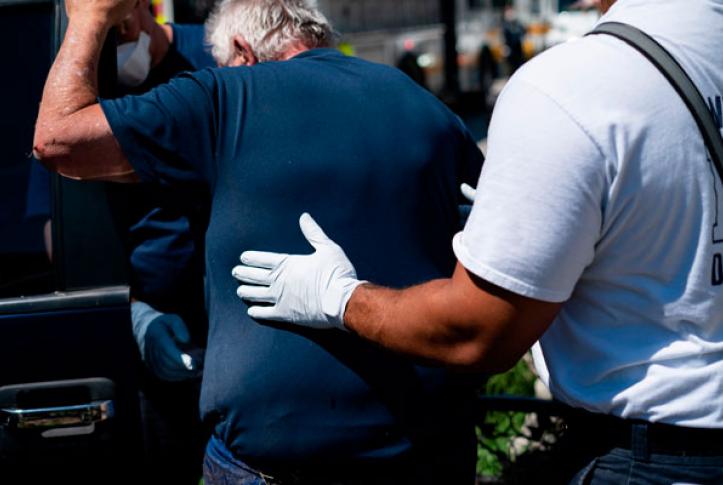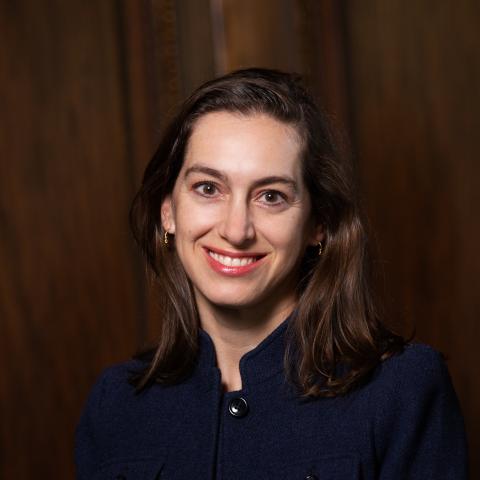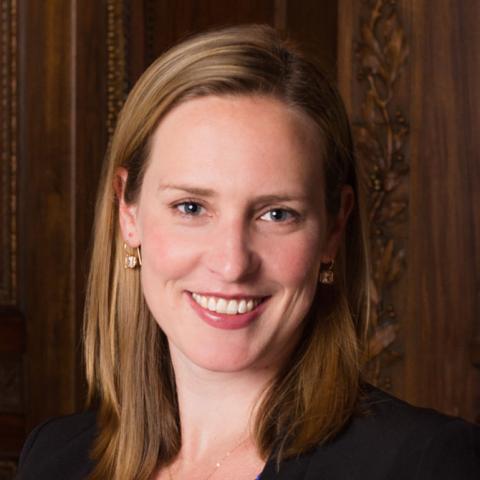At the beginning of the COVID-19 pandemic in March, hospitals and providers largely cancelled elective procedures and nonemergency care in response to federal recommendations, as well as state and local requirements to make resources like personal protective equipment and hospital beds available for a potentially large wave of COVID-19 patients. Further, people have been wary of seeking care at hospitals and medical facilities for fear of contracting the coronavirus. The economic downturn and unemployment have led others to postpone care because they cannot afford it. This has raised concerns of poor health outcomes if people do not receive needed preventive care, and questions about whether all postponed care is truly needed.
Preliminary data have shown that in-person ambulatory outpatient visits and emergency room visits declined during the early months of the pandemic. Yet, we know little about medical care after stay-at-home orders were lifted and health care practices reopened. A new weekly survey from the U.S. Census Bureau sheds light on this issue. We analyzed the data to examine who was receiving needed medical care during the pandemic and the extent to which this varies by age.
By the week of July 16, 2020, about one of three adults (32%) in the U.S. said they needed medical care for something unrelated to COVID-19 but did not get it. This was relatively unchanged over the course of the weekly surveys from April 23 to July 21. While other evidence has shown that some health care services have rebounded, the proportion of patients who have said they are forgoing care has not changed, even though health clinics, hospitals, and businesses have reopened.
However, there is a bigger difference when we examine by age. At the earlier stage of the pandemic (April 23–May 19), rates of postponing care were relatively similar across age groups. Contrary to what some had hypothesized — that the elderly would be most likely to forgo care because of their higher risk of serious illness from COVID-19 — elderly adults were much less likely to postpone care than younger adults after practices reopened.
More than a third (35%) of adults age 80 and older said that they did not receive needed care in May 2020. By the end of July, that share had dropped to about one of five (22%). The pattern for adults ages 60 to 79 was similar: 36 percent said that they went without care in late May, decreasing to less than a third (29%) in July. In contrast, among adults between the ages of 40 and 59, 36 percent said they did not receive needed medical care during the week of July 16, similar to the rate in April, when the survey started. These findings indicate that the oldest adults — those most likely to have serious health care needs — are getting more medical attention than younger adults during the pandemic. The findings also highlight concerns about the type of care middle-age adults are postponing.
To put these numbers into context, prior to the pandemic about 8 percent of the U.S. population said they delayed care because of costs. Among adults age 65 and older, about one of 20 (5%) delayed care because of costs. However, cost is not the only reason people forgo care. Other reasons include problems accessing care and getting an appointment. During the pandemic, people are weighing not only these hurdles, but also the potential for infection. Additionally, the share of adults who are worried about affording care is higher than before the pandemic because of the recession.
With younger adults forgoing care at higher rates than older ones, commercial health insurers may see larger declines in medical spending than Medicare will, particularly if current trends continue. This finding has implications for spending projections for the Medicare Hospital Insurance trust fund, which funds hospital care covered by Medicare Part A, as well as the financial outlook of health insurers, since it suggests that Medicare spending may rebound faster than commercial health insurance spending.
It is too early to draw substantive conclusions about the types of care people are forgoing, and the extent to which care can be postponed without causing long-term health problems. However, the data also contain a positive sign: a growing share of the sickest people seem to be receiving the care they need.



